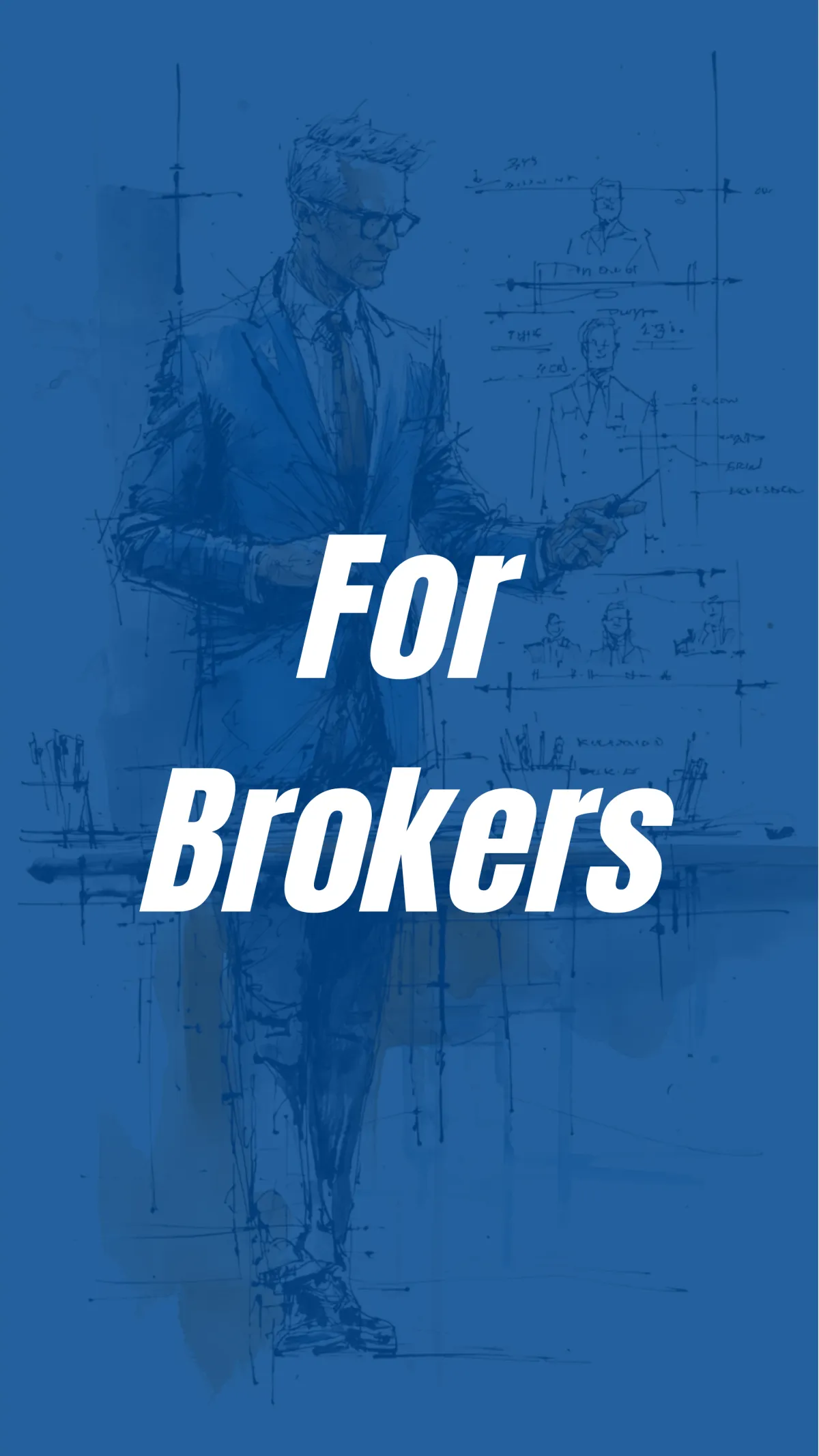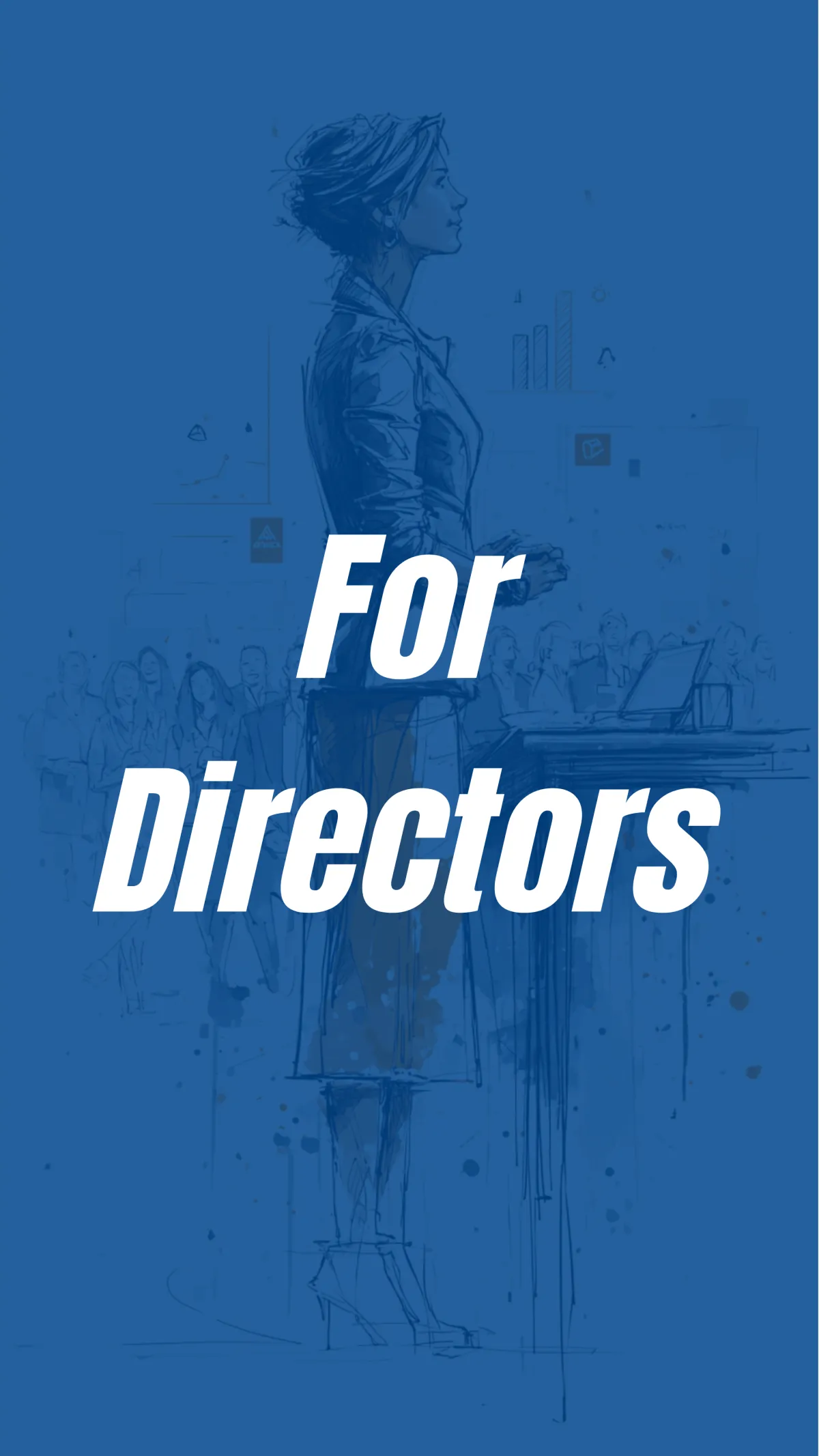
How Can Brokers Lead Their Teams Through Industry Evolution?
The ground beneath the real estate industry is always shifting. New technology emerges constantly, and the housing market dynamics can change quickly. It often feels like strategies that worked last year are already obsolete. For real estate brokers, this constant motion can be draining, raising the question: how can brokers lead their teams through industry evolution?
You are not just managing agents; you are guiding careers through a storm of change. As a team leader, you feel the pressure to have all the answers for every team member. What if leadership is about building a brokerage that is ready for anything?
The key to survival is not predicting the future with perfect accuracy. How can brokers lead their teams through industry evolution? The solution is to foster an environment of adaptability and sustained organic growth. This approach empowers your real estate agents to thrive no matter what comes next.
Unlock your potential with AI-powered solutions tailored to your real estate needs. Save time, grow faster, and work smarter. Schedule your discovery session now at lesix.agency/discovery.
Acknowledge the Fear, Then Build a Vision

Change is unsettling for even the most experienced real estate pros. Your agents feel it every time a new app launches or a market report signals a downturn with rate hikes. Ignoring these anxieties is a fast way to lose your team's trust and damage morale.
The first step for team leaders is to talk about it openly. Create a space for honest conversations where your team members can voice concerns without judgment. When they see you understand their fears, you can begin to move forward as a cohesive unit.
After you have addressed the fear, you must give your team a direction. A clear and compelling vision acts as a North Star, reminding everyone what you are all working towards. This is not just a vague mission statement; it is a tangible picture of where the brokerage is heading and why that path promises business success.
Communicating the Vision Consistently
A vision that sits in a company handbook gathers dust and does nothing. You need to discuss it frequently and integrate it into the brokerage's daily life. Bring it up in team meetings and refer to it in one-on-one coaching sessions.
Connect daily tasks and new initiatives back to the larger vision. This repetition is important, as consistent communication from leadership dramatically increases the success rates of change initiatives. When your agents hear the vision repeatedly, they see how their individual work contributes to the bigger picture.
This shared purpose builds a powerful sense of unity. Instead of a group of independent contractors, you create a real team where everyone is rowing in the same direction. This alignment is essential for navigating the choppy waters of the brokerage industry.
Embrace Technology, But Keep It Human
The flood of new technology can feel overwhelming for many estate brokers. AI assistants, customer relationship management systems, and countless proptech tools are all fighting for attention. It is tempting to chase every new shiny object or to throw your hands up and ignore it all.
The best path lies somewhere in the middle. Technology should be a tool that enhances connection, not a replacement for it. The real estate business will always be about relationships, and your job is to find technology that helps your agents build better ones.
Choose tools that simplify their lives and let them focus on what they do best: conducting business and connecting with clients. Do not adopt technology for its own sake; focus on the problem it solves. Will a new platform genuinely improve lead generation or streamline the deal flow?
Choosing the Right Tech Stack
Building your brokerage's tech stack requires a thoughtful approach. Start by asking your agents what their biggest pain points are. Are they spending too much time on back-office functions or struggling with relationship management?
Their answers will guide your search for the right solutions. Focus on a few core tools that integrate well, with a powerful customer relationship management (CRM) system often serving as the foundation. Look for one that helps with lead follow-up, digital marketing automation, and client communication to improve cash flow.
Get your agents involved in the selection process. Let a small group of real estate pros test different options. When they have a say in the choice, they are far more likely to adopt the new tool, making the investment worthwhile.
Driving Adoption and Training
Buying the software is the easy part; getting everyone to use it is the real challenge. You must plan for comprehensive training from day one that focuses on the direct benefits for them. Do not just show them which buttons to click.
Demonstrate how the tool will save them three hours a week or help them close deals more efficiently. Show them how it can improve their average revenue. When they see the direct benefit to their own business, they will be much more motivated to learn.
Ongoing support is also essential for any new agency management system. Have a tech expert on your team or a go-to resource for questions. Celebrate agents who use the new technology effectively, as their success stories will encourage others to get on board.
How Can Brokers Lead Their Teams Through Industry Evolution? By Fostering a Learning Culture
In a rapidly changing industry, knowledge is your greatest asset. What worked five years ago may not be effective today, and agents who stop learning risk being left behind. As a broker, you must champion a culture of continuous improvement.
This goes far beyond mandatory continuing education courses. You need to position learning as a competitive advantage that helps provide the best service to clients. This shift in mindset can transform your brokerage and its potential for revenue growth.
Make it clear that everyone, including yourself, is expected to be a student of the industry. When your agents see you actively learning and trying new things, it sets a powerful example. Leadership is about action, not just words.
Offer Diverse Training Opportunities

Your training calendar should be rich and varied to meet the needs of every estate agent. While you need the basics on contracts and compliance, you also need workshops that will grow an agent's business. Consider sessions on social media marketing, creating video content, or understanding market trends.
Invite outside experts to share their knowledge, but do not overlook the talent within your own real estate teams. Facilitate peer-to-peer learning by having top producers and a veteran broker share their best strategies. People often learn best from colleagues who are in the trenches with them.
Mix up the formats by offering live workshops, on-demand video training, and group masterminds. This approach caters to different learning styles and busy schedules. It shows you respect their time and are invested in helping them drive growth.
Lead by Example in Learning
You cannot expect your team to embrace learning if you are not doing it yourself. Be open about the books you are reading or the industry podcasts you are listening to. Share interesting articles or a key takeaway from a conference you attended.
This transparency shows you do not have all the answers but are committed to finding them. Your own journey as a learner sends a strong message that no one is too experienced or successful to learn something new. A clear understanding of this principle is vital for a healthy culture.
This modeling of behavior is one of the most powerful leadership tools you have. It creates a psychologically safe environment where it is okay to not know something. The important thing is the willingness to find out, which attracts growth-minded agents and helps everyone improve.
Rethinking Brokerage Models and Value
The traditional brokerage model is no longer the only game in town. The rise of free agency means agents have a huge menu of options, from cloud-based brokerages to teams with unique structures. This increased competition means you must be crystal clear about your value.
You cannot compete on commission splits alone; someone will always offer a higher split. You must compete on your overall value proposition, including the support, tools, and culture you provide. This requires an honest look at what your brokerage truly offers to every team member.
This re-evaluation is an opportunity to strengthen your brokerage and make it more attractive to the kind of agents you want. Some entrepreneurs change brokerages multiple times in their careers. A strong value proposition helps you retain the top talent you have worked hard to develop.

Evaluating What You Offer
Your value proposition is the unique bundle of support, tools, training, and culture you provide to your agents. This is what makes them choose your brokerage and, more importantly, stay with you. It is the core of your recruiting and retention strategy for successful real estate agents.
Ask your agents what they value most. You might be surprised that your supportive culture or personal coaching is more important than the brand name. Use surveys or informal chats to gather this feedback, as this information is gold.
It tells you what to double down on and where you might need to improve. A strong value proposition is your best defense against agent attrition and the influence of private equity raising competition to record highs. This helps you stand out in the crowded brokerage industry.
Cultivating Resilience and a Strong Mindset
Real estate has always been a challenging business. Market shifts, new regulations, and evolving client expectations add layers of stress. Your agents need more than just sales skills to build a career in successful real estate; they need resilience.
As their leader, you play a big role in fostering that mental toughness. Your calm, steady presence can be an anchor in a storm, and your optimism can be contagious. This is a side of leadership that is often overlooked but incredibly important for long-term business success.
The goal is to build a team that does not just survive challenges but learns from them. A resilient team sees a market shift not as a disaster but as an opportunity to try new strategies. That kind of mindset starts at the top with you, the broker.
This requires open communication and consistent support. Let your agents know it is okay to have a bad week or lose a deal. The key is to get back up and keep moving forward, armed with lessons learned from the experience.
Conclusion
Leading a real estate team has always been a demanding job. The constant evolution of the industry, from the housing market to technology, has made it even more so. The good news is that you do not need a crystal ball to be an effective team leader.
So, how can brokers lead their teams through industry evolution? The answer lies in fostering a culture of clear communication, continuous learning, and collective resilience. Your ability to create this environment will define your brokerage's future.
By focusing on these core principles, you build a brokerage ready for whatever comes next. You empower your real estate agents to not just survive industry changes but to thrive because of them. This is the foundation of lasting success for you and every team member you lead.
Ready to take your real estate success to the next level? Schedule your discovery session today at lesix.agency/discovery. Stay ahead with tips and insights—subscribe to our newsletter at lesix.agency/newsletter.










